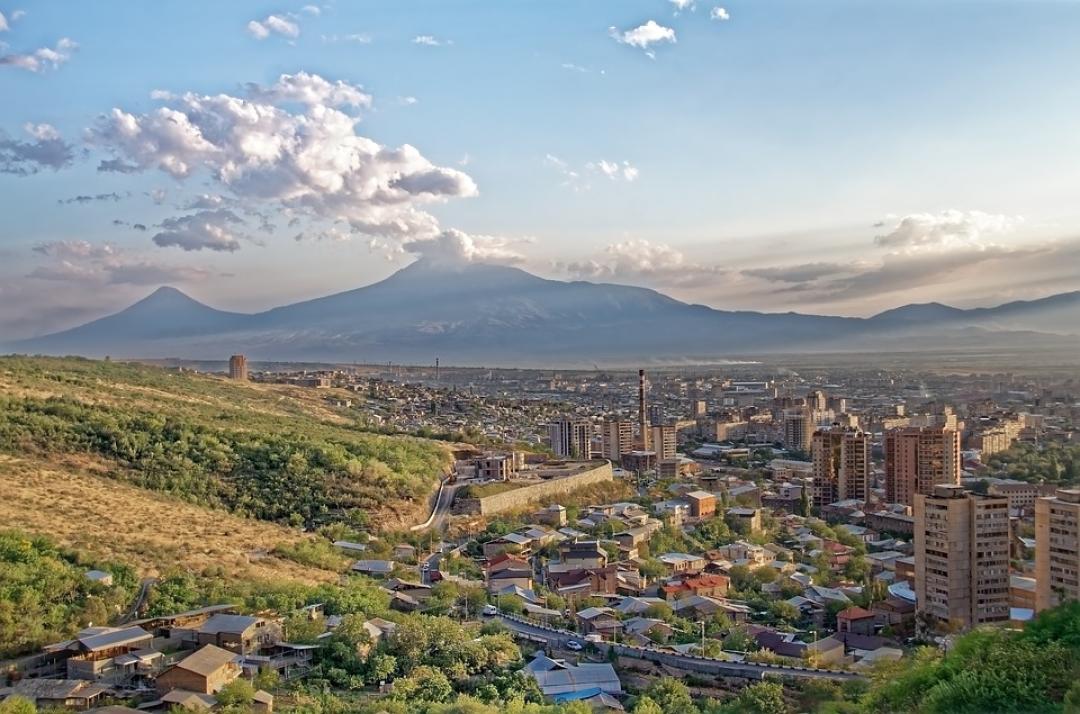
Armenia in Human Rights Watch World Report 2021

On 13 January, the international NGO Human Rights Watch (HRW) published its World Report for the year 2021, giving a review of human rights in the countries around the globe.
In its report on Armenia HRW emphasised that “domestic violence, discrimination against people with disabilities, barriers to effective pain treatment and palliative care, and violence and discrimination based on sexual orientation and gender identity” persisted in the country.
Of special mention were the human rights abuses in the aftermath of the second Nagorno-Karabakh war. The report stated that ethnic Armenian prisoners continued to be detained and prosecuted by Azerbaijan and subjected to cruel and degrading treatment and torture by Azerbaijani forces either when they were captured, during their transfer, or while in custody at various detention facilities. However, the report also acknowledged that in 2021, nearly 100 Armenian POWs and civilian detainees were returned by Azerbaijan.
Another important aspect of the post-war human rights situation were the incidents of military hostilities along the Armenian-Azerbaijani border and in Nagorno-Karabakh. The issue of landmine contamination in all seven regained regions around Nagorno-Karabakh was reported to be extensive and widespread, threating the lives of the people who live there. HRW also noted that there were no investigations by the Armenian authorities into alleged war crimes committed by Armenian forces during the war.
While emphasising the domestic human rights issues in Armenia, the report highlighted that torture and ill-treatment in custody remains a problem and it is often perpetrated with impunity. The report drew its conclusion on the findings of the Helsinki Citizen’s Assembly Vanadzor (HCAV), a local non-governmental organisation. The report stated that criminal investigations are mostly closed on the basis of findings that no crime was committed or suspended because of the lack of a suspect. The group reported that no one has been convicted for torture since 2015, when torture became a specific offense, but that criminal investigations were rarely effective in that regard.
The freedom of speech and protection of human rights defenders was another issue stressed by the report. The report stated that the recent war and political crises triggered heated public debates. These often included inflammatory speeches by members of parliament and other public officials directed against human rights defenders and activists. The government undertook several attempts, including introducing legislative amendments to tackle the spread of hateful and degrading speech. During the first six months of 2021, the Committee to Protect Freedom of Expression, a local media advocacy group, documented 15 cases, with 17 victims, of physical violence against journalists perpetrated by both public officials and private individuals.
When it comes to the rights of people with disabilities, the report said that in 2021, authorities continued to establish inclusive education across the country. Nevertheless, many children with disabilities remain segregated in orphanages, special schools, or at home with little to no education. Children with disabilities also frequently remain in institutions indefinitely when they become adults, stripped of their legal capacity and right to independent living. In May, parliament adopted the Law on the Rights of Persons with Disabilities, which includes guarantees of accessibility, independent living, and access to justice, and bans disability-based discrimination. The new law, however, does not create a dedicated body to oversee the law’s implementation.
Domestic violence also remained a persistent problem in Armenia with largely underreported cases. According to official data, during the first six months of 2021, authorities investigated 326 criminal domestic violence complaints. Of the 326, charges were brought against 145 persons, and in 90 of those the husband was identified as the alleged perpetrator. It was also noted that there were only two domestic violence shelters, both in the capital, Yerevan, run by nongovernmental organisations, each with a capacity for five women and their children which is far below the Council of Europe standard of one shelter space per 10,000 people. Armenia also lacked a general hot-line service for survivors of domestic violence.
The lesbian, gay, bisexual, and transgender (LGBT) population in Armenia continued to face harassment, discrimination, and violence. PINK Armenia, an LGBT rights group, documented 12 incidents of physical attacks based on sexual orientation or gender identity from January through August 2021, and eight cases of threats and calls for physical and psychological violence. During the pre-election period, politicians used homophobia to advance their campaigns by smearing LGBT people as a threat to the family, national identity, and national security.
See Also


Armenia Records 5.9% GDP Growth in 2024, Missing 7% Goal

Yerevan Balances Strategic Ties with Both US and Russia, Says Foreign Minister

FM Mirzoyan: Peace Deal with Azerbaijan Is Within Reach

Pashinyan and Erdogan Hold Call, Reaffirm Commitment to Ongoing Dialogue

